Tehran(Bazaar): The long-term agreement between Iran and Russia, with the comprehensive strategic development of relations, will strengthen economic cooperation and implement the short-term agreement between Iran and the Eurasian Union led by Russia, Andrew Korybko tells Bazaar in an exclusive interview.
He also says that Both countries will likely also agree to coordinate their policies in international fora like the SCO.
Following is the text of the interview:
Bazaar: Why is the long-term agreement between Iran and Russia set, what are the advantages and disadvantages of this long-term?
Korybko: The period of time that their new agreement will last is the same as the existing one, two decades, which is quite a while and speaks to the mutual intent to comprehensively develop relations in a strategic way. It’ll likely include connectivity, economic, energy, financial, and perhaps even some degree of military dimensions. Reaching such an agreement would advance both countries’ interests.
Bazaar: The Russian ambassador to Iran has stated that this agreement is a package, that is, it includes different cases and relations in different areas are interconnected. What is your assessment?
Korybko: No details have been disclosed about the reported agreement other than its proposed length of time so it’s not possible to confidently discuss its contents. Nevertheless, it can be taken for granted that a 20-year-long pact will include many different areas of cooperation. It’ll be interesting to see exactly what they agree on if the exact details are ever officially revealed.
Bazaar: How does this agreement help the relations between the two countries in the form of the Eurasian Economic Union and Iran's strong presence in Shanghai?
Korybko: Once again, the lack of reporting about the agreement’s details makes it impossible to confidently discuss its contents, but generally speaking, it’s expected to enhance economic cooperation and build upon Iran’s short-term trade deal with the Russian-led Eurasian Economic Union. Both countries will likely also agree to coordinate their policies in international fora like the SCO.
Bazaar: What effect does this agreement have on the development of Iran's presence in the Caucasus region?
Korybko: It can’t be known at this time since no details have been revealed, but Azerbaijani President Aliyev proposed a six-country cooperation platform a year ago after his country’s victory in the Karabakh War. It’s in everyone’s interests to work more closely together there, especially economically and with respect to rebuilding that liberated region. Iran can play an important role here alongside Russia.

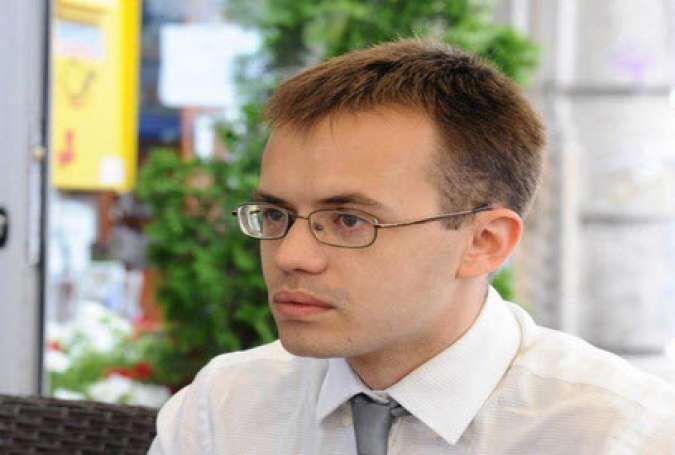



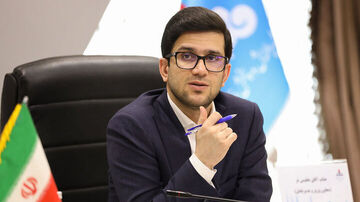

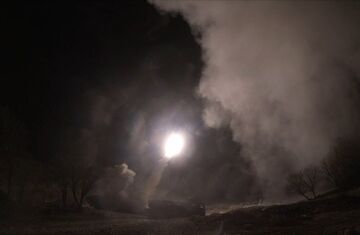


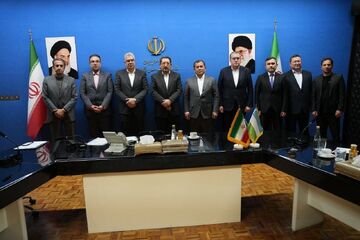
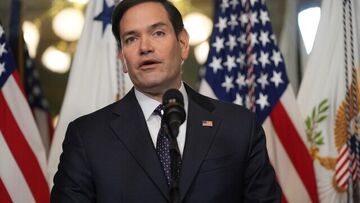
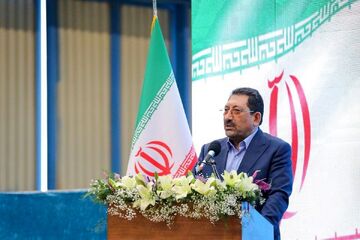


نظر شما